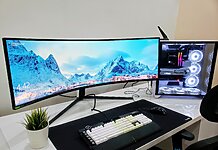- A gaming PC should be built to handle daily tasks, such as work and school, not just gaming.
- A balanced system provides flexibility, reduces crashes, and runs smoothly when multitasking.
- The overall goal is a PC that supports all your activities, not just one that produces high frame rates.
I’ve spent plenty of nights trying to squeeze out every bit of FPS I could, so I get it: frames matter in competitive gaming. Smooth aim, quick response, and no input lag are what every player wants.
But after a while, I realized a strong gaming setup can do a lot more than win matches. The same PC that helps me clutch in ranked also handles my daily tasks, from editing clips to joining online classes or managing freelance work.
Your PC shouldn’t just be a “gaming rig.” It should be your main workstation for everything. When I built my current setup, I stopped focusing only on raw power and started aiming for balance. I need a system that could handle both my gaming sessions and everyday work.
Why Your Gaming PC Should Do More Than Just Play Games
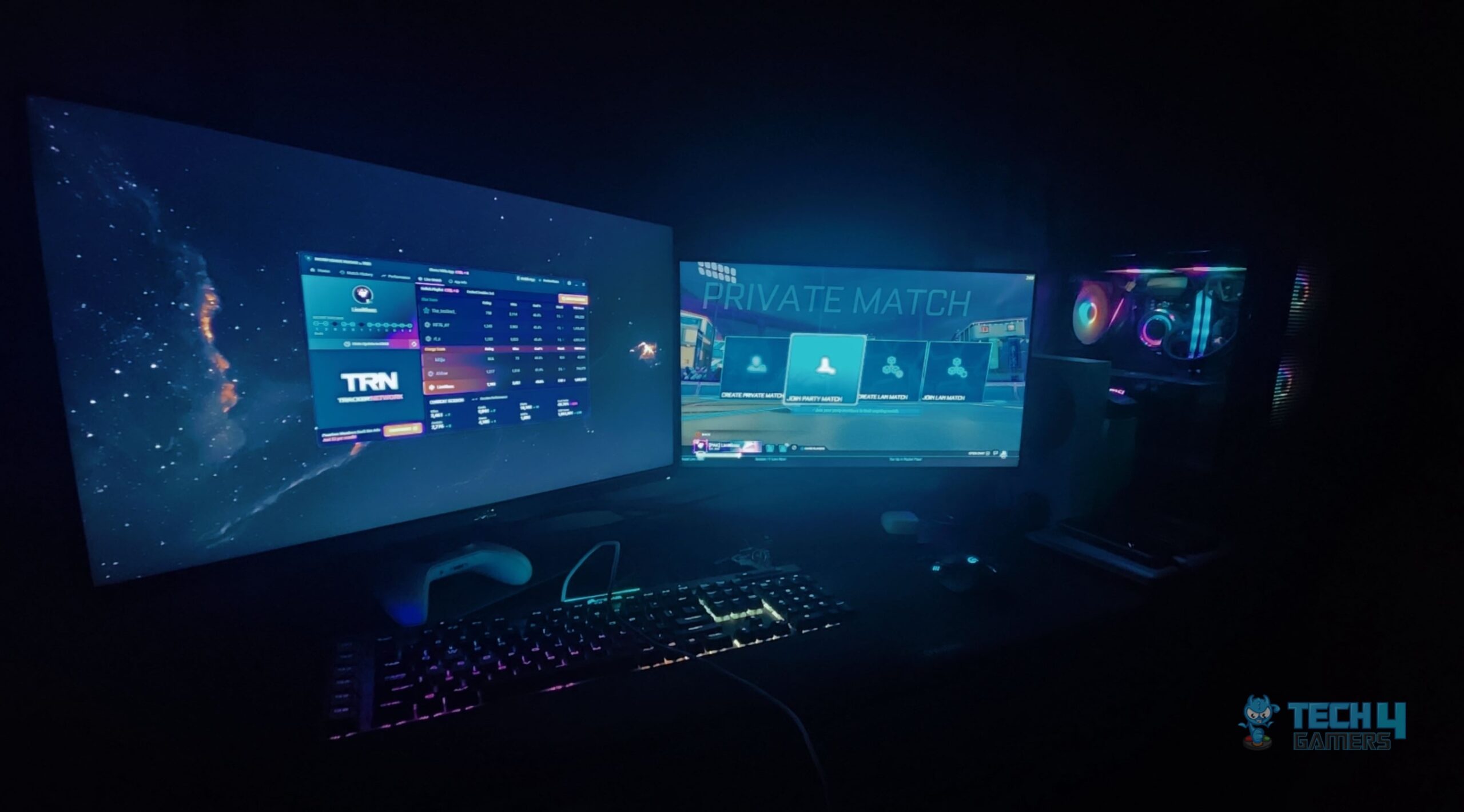
Even when we’re not gaming, most of us still spend hours on our PCs, watching replays, running Discord servers, studying, or working. So why not build your setup for all that, too?
My rig switches roles easily. One moment it’s recording or streaming matches, and the next it’s running editing or productivity software. That flexibility makes life easier.
Balancing gaming and school isn’t always easy. When deadlines pile up, even the most disciplined students can fall behind. That’s when some students choose to purchase essays online to get a bit of breathing room.
A balanced setup means fewer crashes when multitasking, faster video rendering, and smoother switching between gaming, school, and work. It turns your PC from just a gaming machine into something that supports your whole routine.
CPU and RAM: The Real MVPs of Multitasking
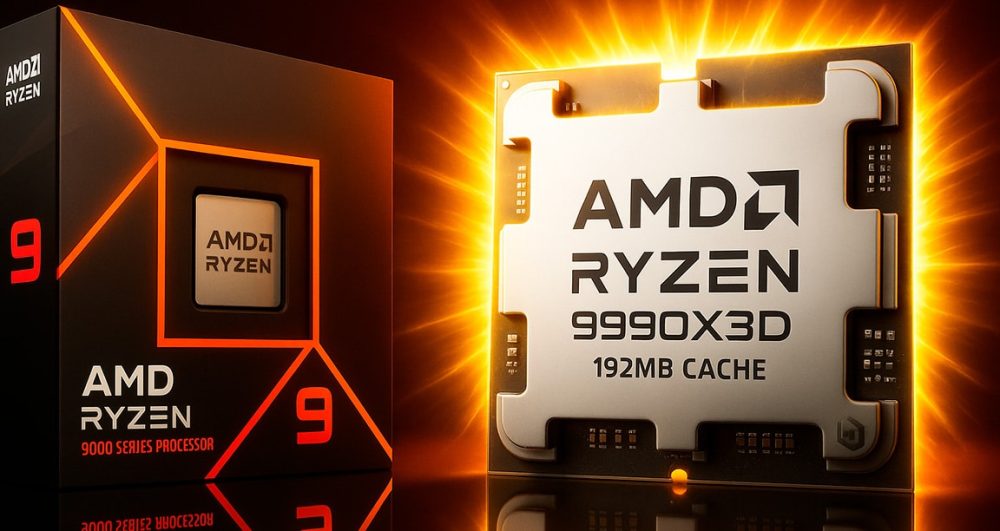
People love to talk about GPUs, but I’ve learned your CPU and RAM are what keep everything running clean when you’re juggling tasks. I went with a solid 8-core processor and 32 GB of RAM, that are enough to stream, record, and keep 15 Chrome tabs open without my PC begging for mercy.
That kind of power makes a difference. It keeps your setup feeling fast even when you’re running analytics overlays, watching replays, and chatting with your team, all at once.
You also need to keep your PC running at low temps. I used to ignore fan noise until I noticed how much it broke my focus during late-night games or recordings.
Now, I use quiet fans, good airflow, and a clean setup that helps me stay calm and focused. A cool and quiet space keeps both your PC and your mind running smoothly.
Storage: Don’t Underestimate Smart Drive Setup
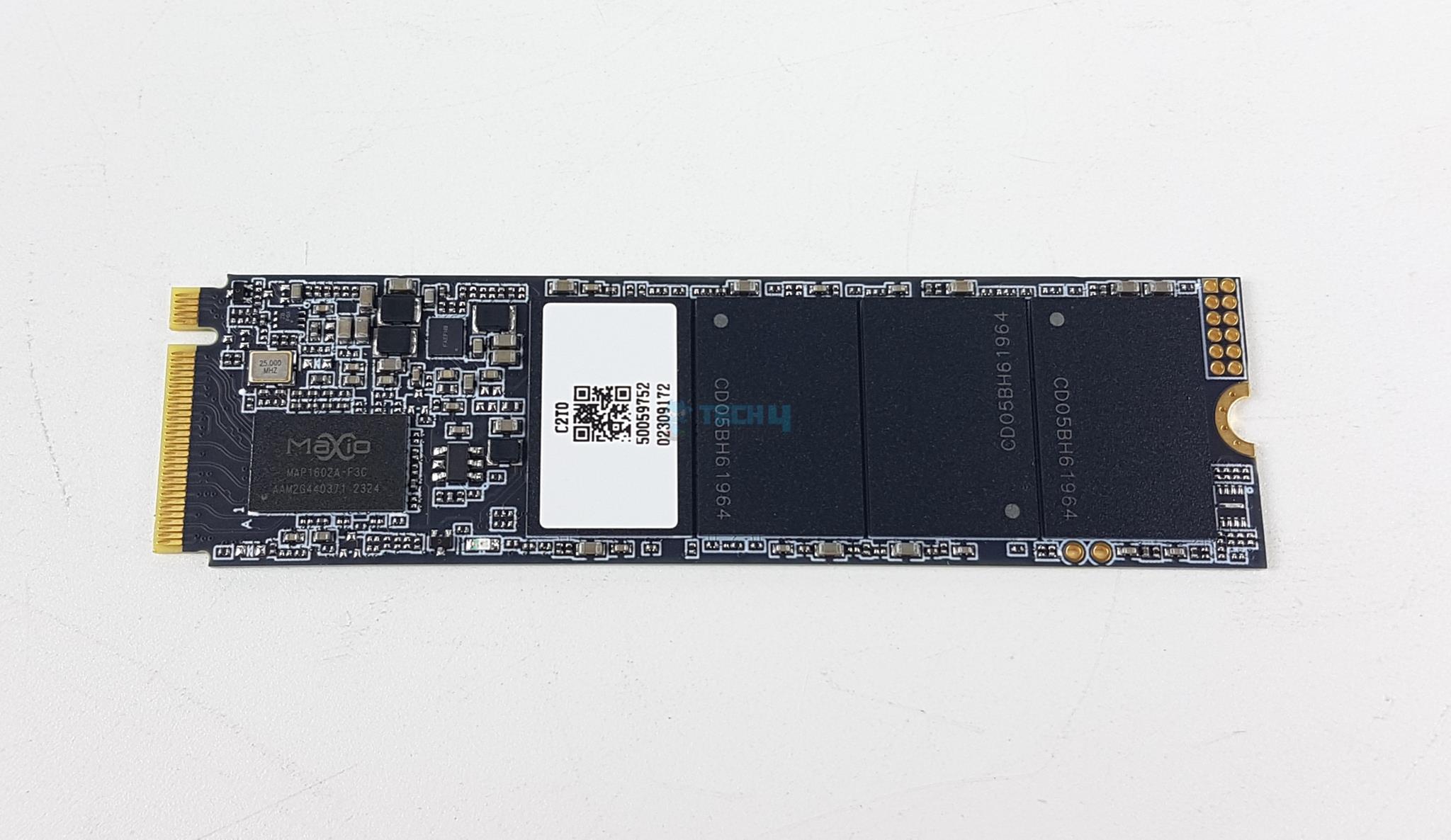
Recording clips and making short videos used to be something I barely thought about. But once I started doing it, I realized it actually helped me play better. Watching my own gameplay and explaining it on camera made me understand my mistakes and improve my strategy.
Here’s something I learned the hard way: don’t dump everything on one SSD. A dual-drive setup is a total game-changer.
I keep Windows and my main programs on a smaller NVMe SSD, while all my games and footage sit on a second, larger one. It keeps things organized, and I never have to worry about slow load times or a cluttered system drive.
Plus, I back up my match VODs to an external drive so I never lose old highlights (and my main SSD stays healthy).
Peripherals: The Tools of Your Trade
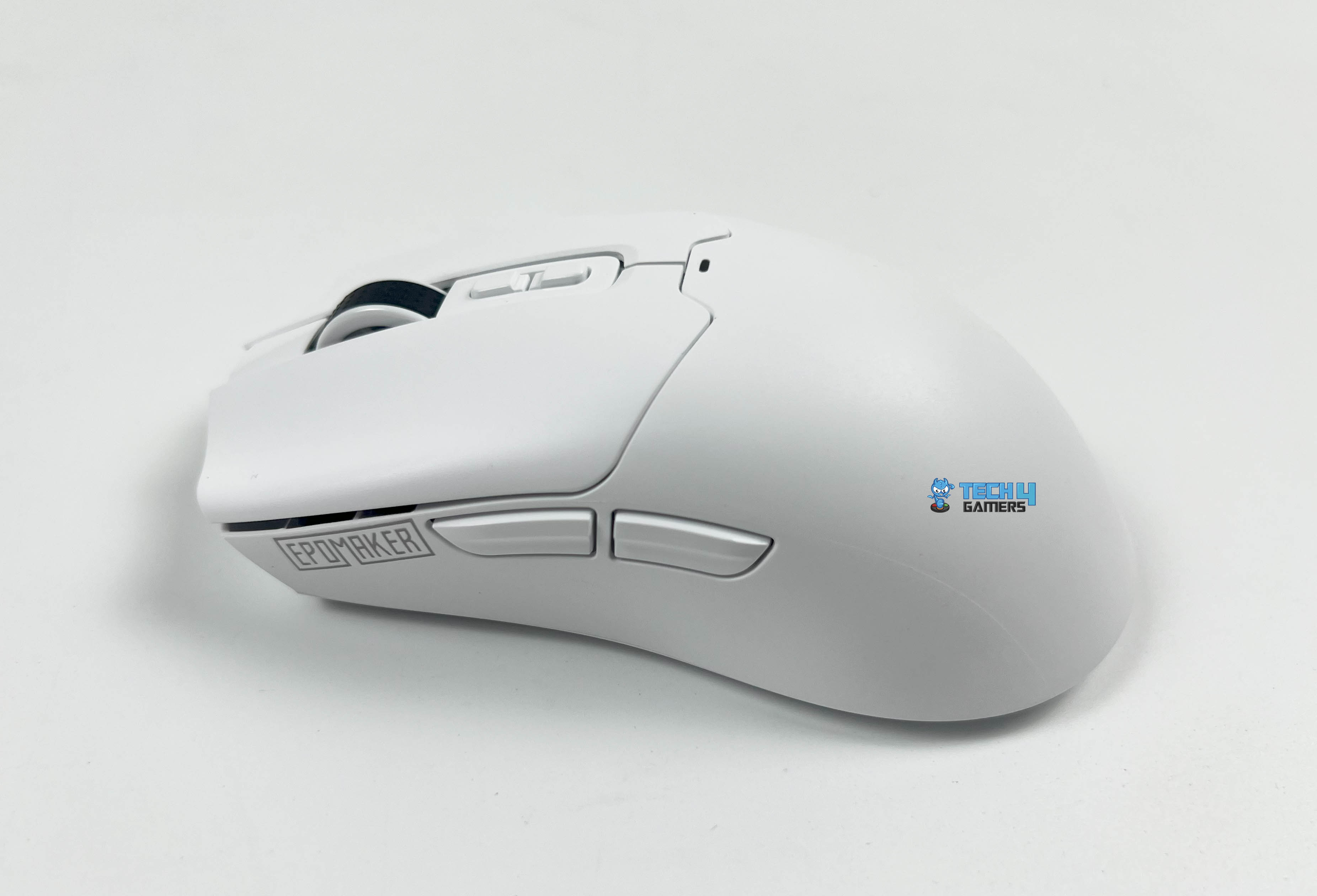
You can’t talk about a gaming setup without including peripherals. A 240Hz monitor is great for competitive games, but adding a second monitor for Discord, notes, or music can improve productivity.
My keyboard and mouse are set up just the way I like them: simple yet reliable. My headset works well for voice calls and also handles voiceovers when I record. Choosing gear that can do more than one thing makes your whole setup more useful.
Even the best PC won’t matter if you’re uncomfortable after an hour. A good chair, the right desk height, and proper posture make a huge difference. I added bias lighting behind my monitors and a wrist rest as well. Small upgrades like these help me stay comfortable during long gaming or editing sessions.
Spending Smart: What Really Matters
I’ve realized that flashy RGB lights don’t add much compared to a quiet fan or a quality monitor. It’s better to invest in the parts that count, such as your CPU, RAM, and display. Save money on things like motherboards or lighting.
A strong processor and good peripherals will last through several GPU upgrades, so it’s worth thinking ahead.
FPS is still important, but it’s not everything. The best setups today are built to handle work, study, and everything in between. Your PC can make you both a better gamer and a more productive person. That’s the real win.
Thank you! Please share your positive feedback. 🔋
How could we improve this post? Please Help us. 😔
Passionate gamer and content creator with vast knowledge of video games, and I enjoy writing content about them. My creativity and ability to think outside the box allow me to approach gaming uniquely. With my dedication to gaming and content creation, I’m constantly exploring new ways to share my passion with others.




